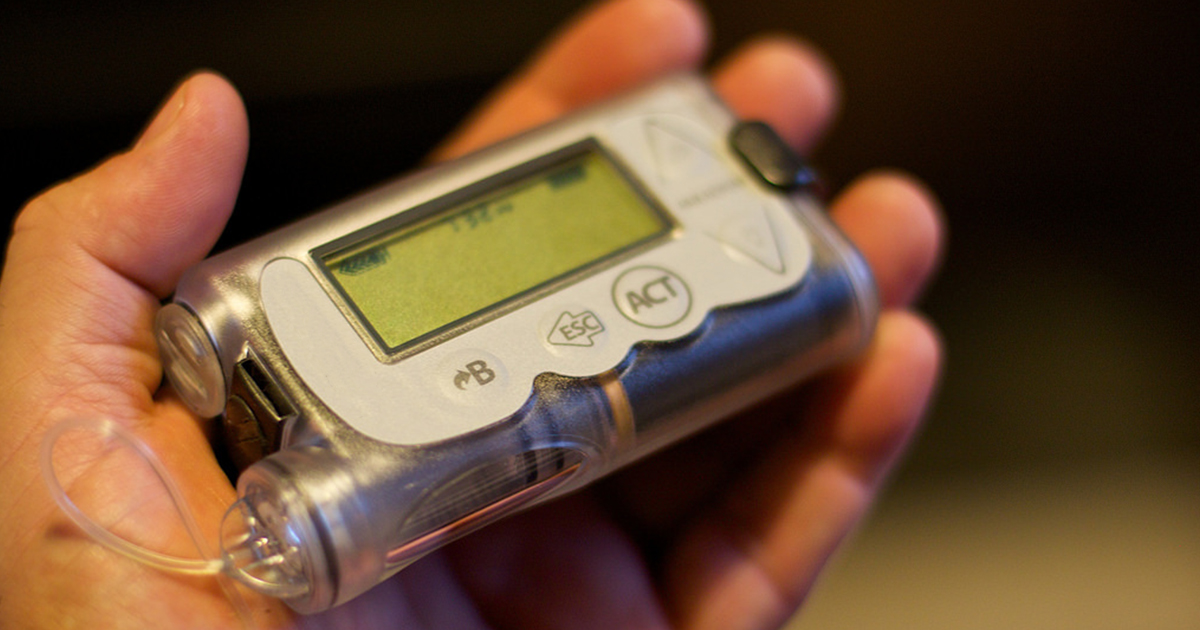A type 2 diabetes drug could help women who have endured recurrent miscarriages improve their chances of a healthy pregnancy, researchers have said.
A team from Warwick University say sitagliptin could be repurposed to help improve the lining of the womb among women who have previously experienced losing their babies during their pregnancy.
In previous research the team at Warwick University identified that a lack of stem cells in the womb lining could be causing thousands of women to suffer from recurrent miscarriages. Their latest findings suggest sitagliptin, an oral drug that is used to treat type 2 diabetes, is the first of its kind that can be used to increase stem cells in the lining of the womb, potentially improving the environment in which an embryo develops.
The investigation that led to these conclusions involved 38 women aged between 18 and 42 who had experienced an average of five miscarriages. At the start and beginning of the trial biopsies were taken from their womb to determine how many stem cells were present before and after the study.
For three period cycles some of the women were given sitagliptin and some were given a placebo.
The researchers said the women who were given the medication on average experienced a 68 per cent stem cell increase and there was also a 50 per cent decrease in the number of ‘stressed’ cells present in the lining of the womb. The placebo group saw no significant increase.
Professor Siobhan Quenby, from Warwick Clinical Trials Unit and an Honorary Consultant at University Hospital Coventry and Warwickshire NHS Trust, said: “We have improved the environment that an embryo develops in and in doing so we hope to improve the chances of a successful pregnancy. These are very early results and the treatment now needs to be further tested in a large-scale clinical trial.”
This research was funded by Tommy’s, a national charity that works to reduced the UK’s rates of miscarriage, stillbirth and premature birth. It is reported that 1 in 4 women in the UK will lose a baby during pregnancy or birth.
Jane Brewin, Chief Executive at Tommy’s said: “This breakthrough research by the world leading team at Warwick shows great promise for an effective treatment which will reduce miscarriage and possibly later pregnancy loss too. A large-scale trial is needed to verify the findings and we hope that this will get underway quickly.”
The research paper was published on 9th January 2020 in the EBiomedicine Journal published by the Lancet







